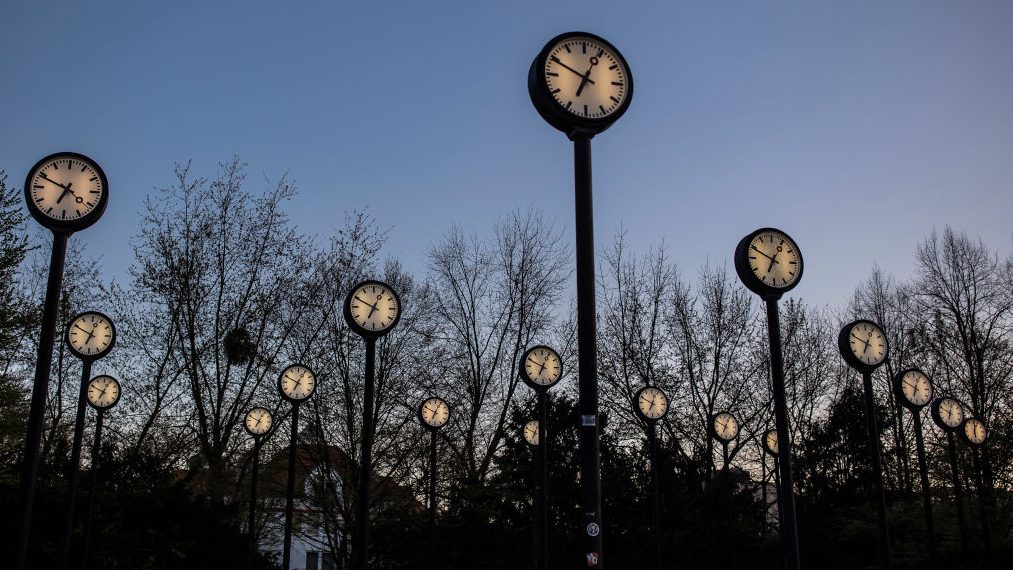(Trends Wide Spanish) — There comes that time of the year when the fear of being late is real. The time change in the US (known as “Daylight saving time” in English) implies moving the clocks forward one hour and despite the fact that it is an adjustment that is made every year, the change can have some difficulties both in the agendas as in the quality of sleep.
It is also a bell that the intense cold is about to end and spring is coming in the northern hemisphere. When does it start and until when? This is what you should know about the time change.
Time change in the USA in 2023
Since 2007, the time change begins on the second Sunday in March and ends on the first Sunday in November.
In that order of ideas, on Sunday, March 12, 2023, at 2:00 am, the clocks must be advanced one hour.
The clock will be reset again on Sunday, November 5, 2023, when winter time begins.
This change has no effect in Hawaii, Puerto Rico, territories of Guam, Virgin Islands, and American Samoa.
History indicates that the concept of summer change was proposed by Benjamin Franklin in 1784, but it wasn’t until World War I that it was implemented as a temporary measure to save energy by extending daylight hours, according to data compiled by Trends Wide.
In the world, around 70 countries have a change in their schedule.
Advice from a doctor
Trends Wide previously reported some recommendations from Dr. Shalini Paruthi, co-director of the Center for Research and Sleep Medicine at St. Luke’s Hospital in Chesterfield, Missouri, so that the transit between time changes is not difficult and interrupts routines, especially that of the dream. These are:
- Adults should sleep at least 7 hours so as not to affect their health and productivity.
- Advance the time you go to bed three days before the time change and wake up 20 minutes earlier each day.
- If you do not go to the previous option, one night before you can sleep at least 7 hours by going to bed half an hour before and sleep half an hour more in the morning, or you can also choose to go to bed an hour before.
Megan Marples and Mariana Toro Nader contributed to this report.






